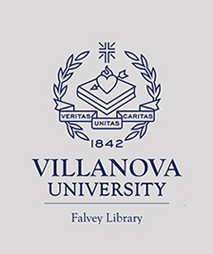From Story-Telling to Story-Exchange A Shared Map to Navigate into the Future
##plugins.themes.bihistory.article.main##
Abstract
People who read history books – be it fact or fiction – try to identify and relate their own personal time-frame to the story. This allows them to personally locate themselves in a narrative. A story has the power to help us find connections to the past and find meaning in our present lives. But it is not powerful enough to simply encourage us to collectively act for the distant future, for such action needs exceptional imagination, critical thinking, and a sense of responsibility. Humans understand the world as a story, but we do not often experience our own lives in that large cohesive a narrative. Rather, we create it when we look back on our experiences later. So, our own story is an afterthought.
##plugins.themes.bighistory.article.details##

This work is licensed under a Creative Commons Attribution 4.0 International License.
Authors who publish with this journal agree to the following terms:- Authors retain copyright and grant the journal right of first publication with the work simultaneously licensed under a Creative Commons Attribution License that allows others to share the work with an acknowledgement of the work's authorship and initial publication in this journal.
- Authors are able to enter into separate, additional contractual arrangements for the non-exclusive distribution of the journal's published version of the work (e.g., post it to an institutional repository or publish it in a book), with an acknowledgement of its initial publication in this journal.
- Authors are permitted and encouraged to post their work online (e.g., in institutional repositories or on their website) prior to and during the submission process, as it can lead to productive exchanges, as well as earlier and greater citation of published work (See The Effect of Open Access).



